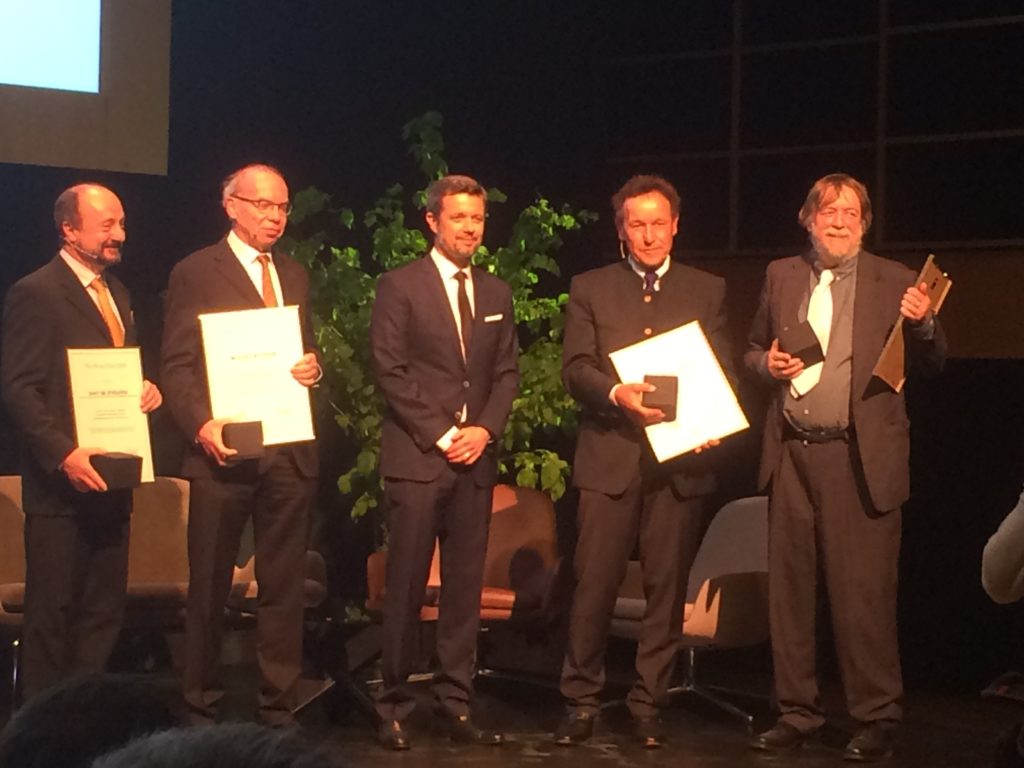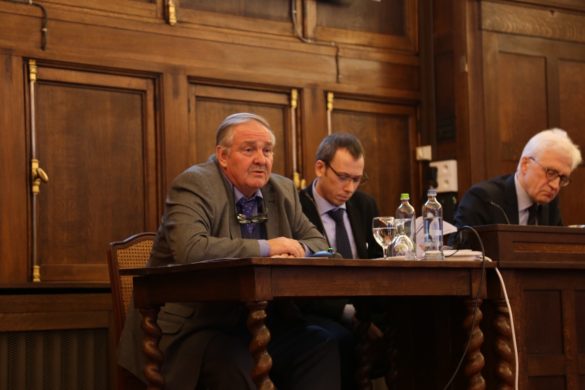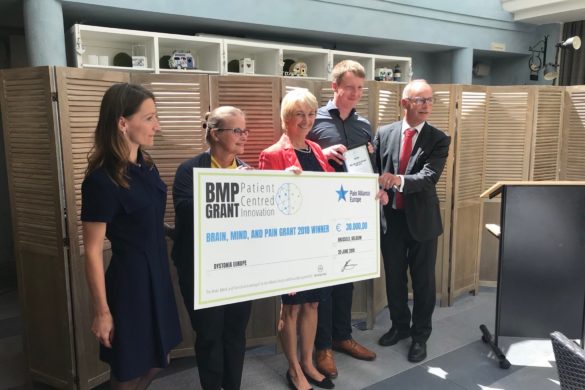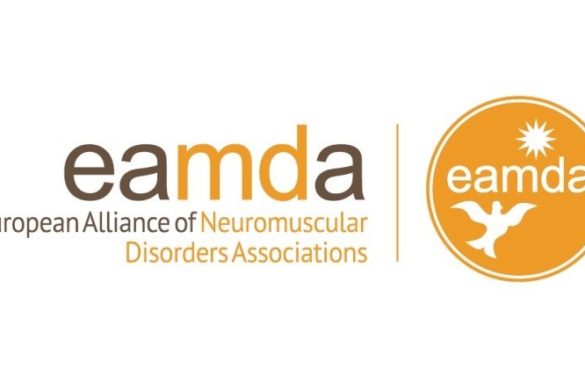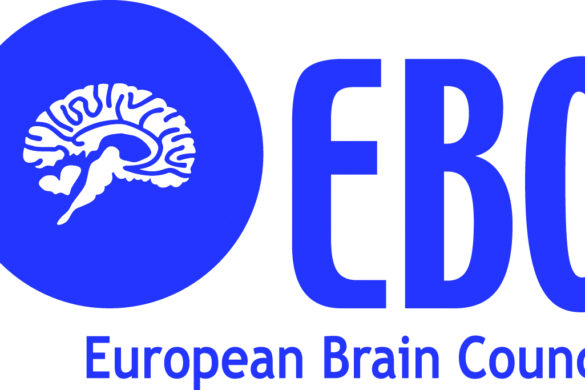The year’s BRAIN prize was awarded to Professors Bart de Strooper (Leuven),Christian Haass (Munich), Michael Goedert (Cambridge) and John Hardy (London) for their groundbreaking research on the genetic and molecular basis of Alzheimer’s disease, with far-reaching implications for the development of new therapeutic interventions as well as for the understanding of other neurodegenerative diseases of the brain.
During the award ceremony on May 9, attended by his Royal Highness the Crown Prince of Denmark, I made the following comments to put this year’s BRAIN Prize in a clinical perspective, using 7 key words:
1. The BRAIN Prize 2018 draws attention to work contributing to the understanding of the most important diseases in Neurology that are incurable, devastating, debilitating, omnipresent and for which research is badly needed yet underfunded.
2. The BRAIN Prize 2018 has to do with extremely relevant diseases. With more than 10 Million EU citizens and 47 Million worldwide suffering from Alzheimer’s disease (AD), AD and other neurodegenerative diseases are among the most prevalent, costly and burdensome diseases. If nothing is done to prevent or cure them, the burden for society and the healthcare system will become unbearable, not to mention the extreme burden for the caregivers and family members.
3. The BRAIN Prize 2018 is also timely. Currently there seems to be a negative sentiment towards AD because of clinical trials failing to provide statistical meaningful results. Some speak of the ‘graveyard of AD trials’. However, the BRAIN Prize 2018 honors the notion that in fact tremendous progress has been made in the field of neurodegeneration in only 25 years. Before the 90’s hardly anything was known about these diseases, while since then the genetic and molecular basis has been elucidated and biomarkers have been developed for clinical use.
4. The BRAIN Prize 2018 focuses attention to the earliest changes in AD and other neurodegenerative diseases; genes that cause the disease start damaging the brain from birth, while inflammatory processes perhaps even occur before plaque deposition starts and may actually worsen the process once set in motion. The discovery of the TAU protein and its causative gene has opened the way to identify patients at a very early stage and has provided enormous knowledge on diseases like frontotemporal dementia, PSP and CBD.
5. The BRAIN Prize 2018 marks the concept shift that has taken place in the field of AD: diagnosing the disease before the stage of dementia. Without the research honored by the BRAIN Prize 2018, we would not have had biomarkers, that have helped to constitute the new lexicon of AD formulated by Dubois and the IWG (1), and that have culminated into the new research framework just published early April (2).
6. The BRAIN Prize 2018 is a forward looking celebration of basic research into neurodegeneration. It is not simply a life time achievement award for 4 established researchers but rather an incentive for these researchers to carry on with their work and stay active and keep on having a leading role in research and connect actively with the clinical community.
7. The BRAIN Prize 2018 also promises hope for the millions of patients yet to come that basic science and basic scientists together with clinicians in the field will come up with better targets, better treatments, better clinical trials and better outcome measures. As a clinician I have never been happier with a prize in basic science.
Prof Philip Scheltens, dept Neurology and Alzheimer Center, Amsterdam University Medical Center.
References
- Dubois B, Feldman HH, Jacova C, Dekosky ST, Barberger-Gateau P,Cummings J, et al. Research criteria for the diagnosis of Alzheimer’s disease: revising the NINCDS-ADRDA criteria. Lancet Neurol 2007;6:734–46.
- Jack, Jr. CR, Bennett DA, Blennow K, Carrillo MC, Dunne B, Budd HaeberleinS, et al. NIA-AA Research Framework: Toward a biological definition of Alzheimer’s disease. Alz Dem 2018;14:535-562.

